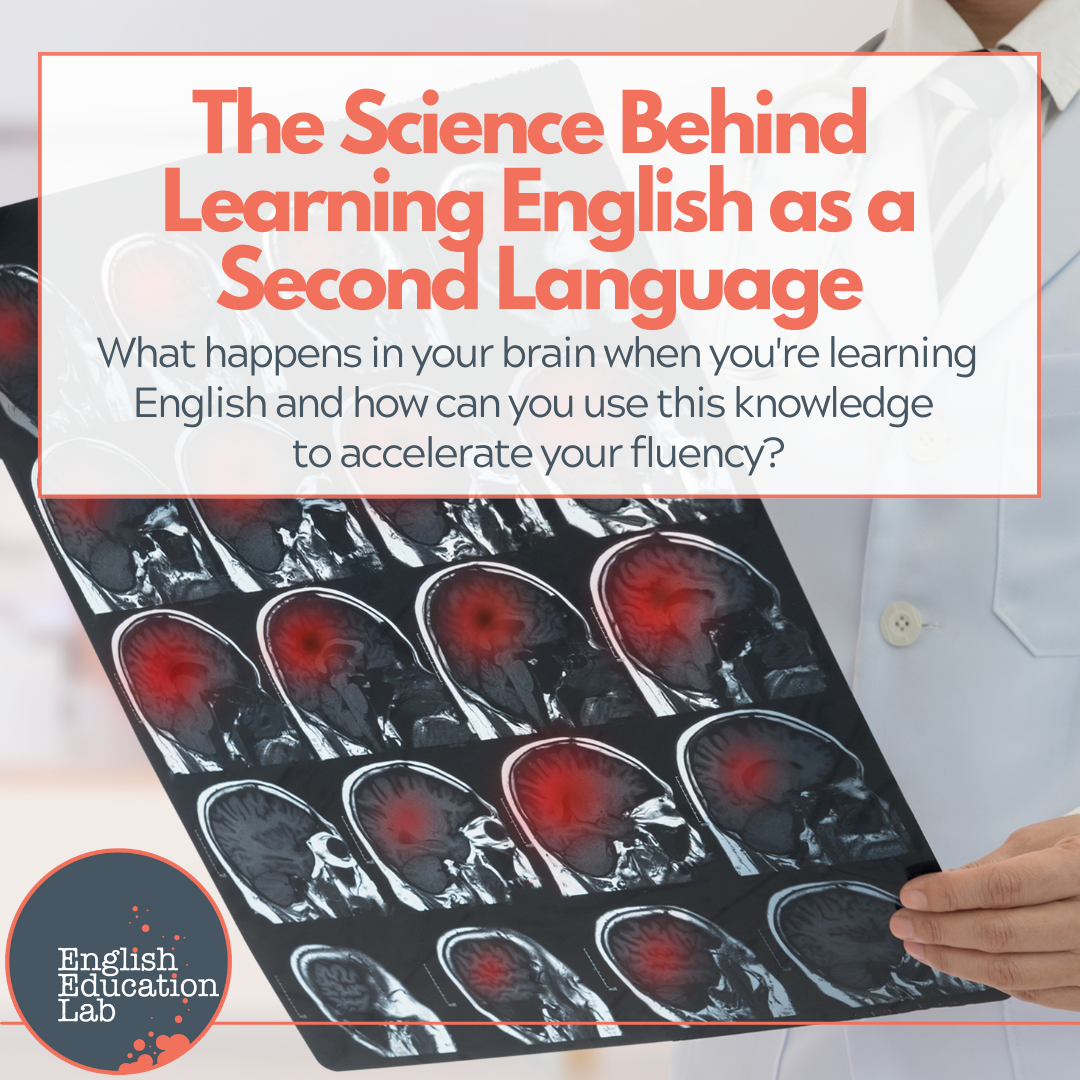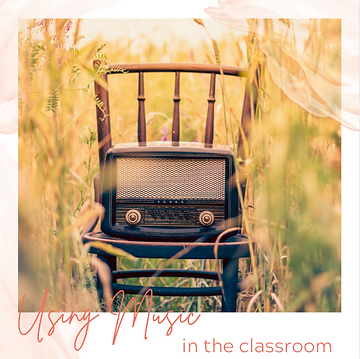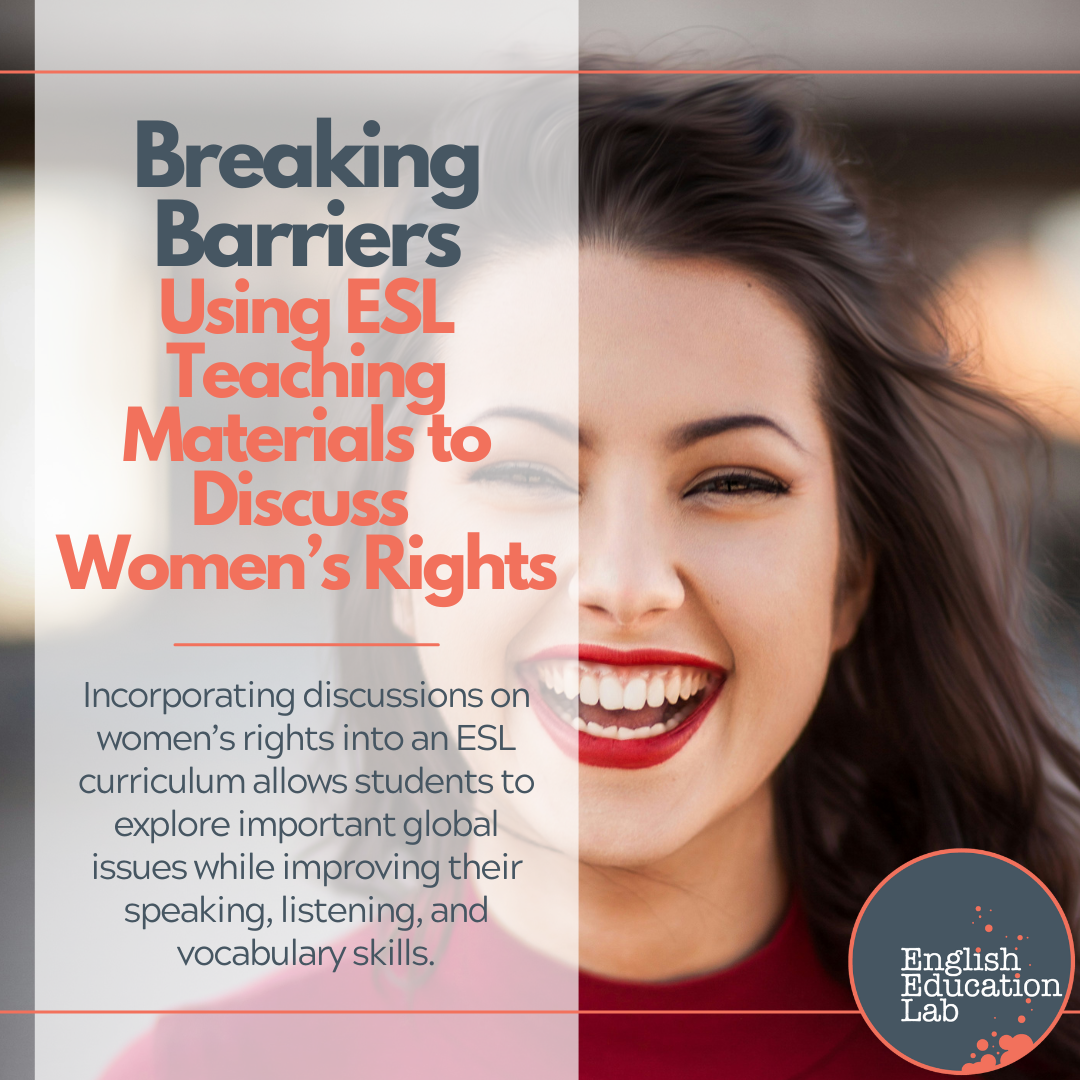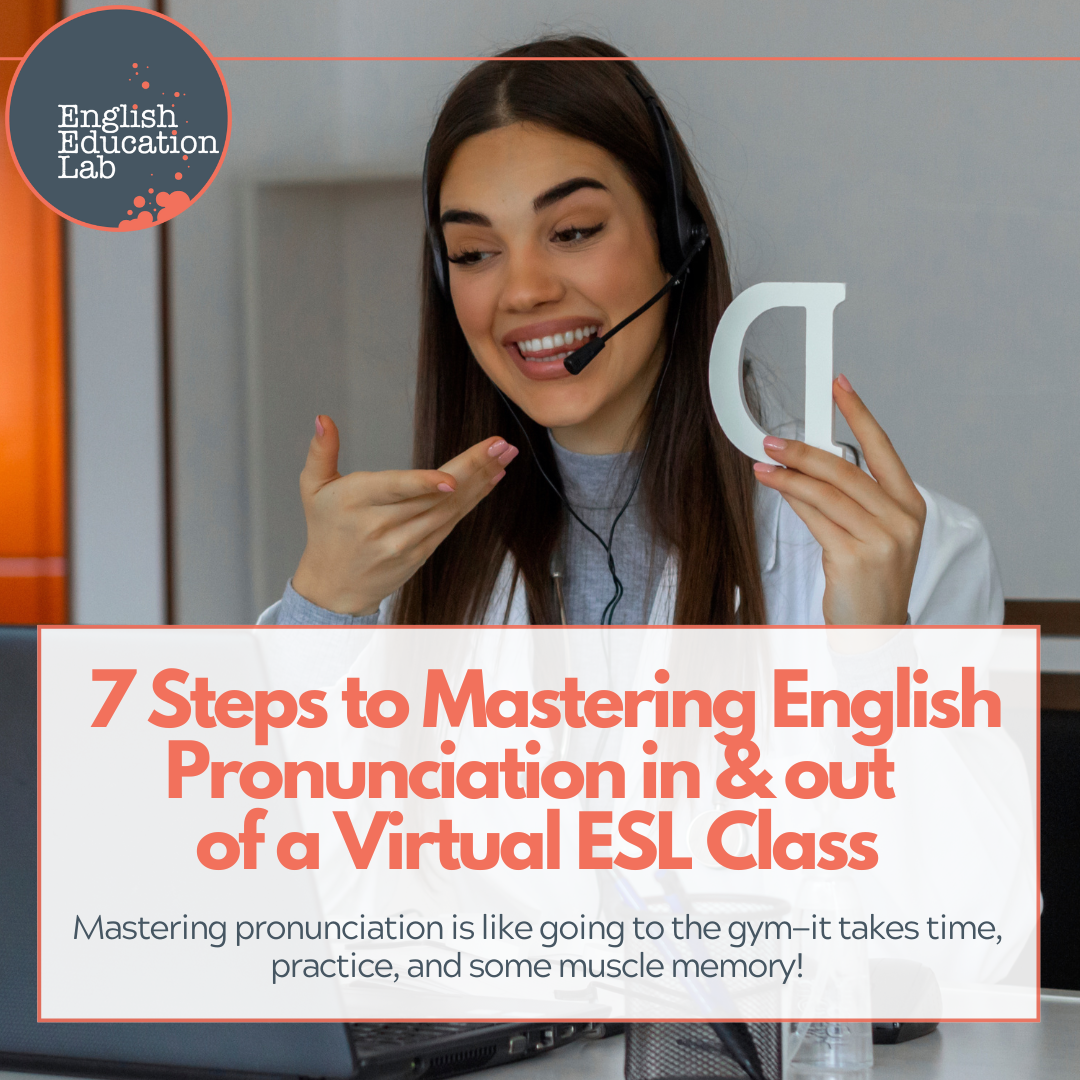
Using music in the classroom
The magic of music
Music is magical. I honestly don’t think I would be alive today if it weren’t for music; it has helped me through some pretty dark and difficult times. I don’t recall much from my earliest years except for music: the swinging, big bands and soulful crooners of my Grandparents’ generation, the kings and queens of Texas country and western music among my Dad’s vinyl collection, the British invasion and Woodstock-era giants of blues-infused rock ‘n roll among my step-father’s records. In my early teens, my brothers introduced me to hard-charging metal bands: Metallica (Poppa Hetfield is the most powerful and underrated rhythm guitarist alive), Iron Maiden, Slayer, Megadeth, and more.
A profound influence on my evolving education in music was skateboarding and its culture of rebellion against the status quo. Thus came the Sex Pistols, The Clash, the Ramones, The Dead Kennedys, Bad Brains, The Dead Milkmen, Black Flag, Social Distortion and many other East and West coast godfathers of punk. Around this time, my sister came home from college toting a laundry basket full of cassette tapes. Included was a little-known trio called Nirvana. From the moment I hit play on my stereo, I listened to Nevermind repeatedly for days. I played that cassette so gruelingly that it became unplayable. I don’t remember eating, sleeping, voiding my bladder, or socializing. Alone in my room, my headphones on, the volume on maximum, and I was gone … just gone.

There were other great bands in that mix of cassettes: the Pixies, Sonic Youth, Dinosaur Jr, Mudhoney, Jane’s Addiction, Primus, Fugazi, The Cure, the Violent Femmes, Primus – the list goes on and on. All did their part in shaping a sonic landscape into which I immersed myself. Music was (and is) everything to me. I wasn’t raised in a healthy home environment. I turned to music for comfort and identity: a sense of belonging sans judgment or reprisal for being different and acting out. I was an angry kid for a lot of reasons, all legitimate. Most authority figures in my life responded with anathema: auto-damnation of sounds and fury they either could not understand or understood and refused to admit as much. There were many heated exchanges over what I chose to listen to, but no attempts to sit down and discuss what connected me to the music and its content.
In high school, I had a teacher who encouraged such discussions. He asked his students to share their favorite music with him (poor man!) and gave honest and constructive feedback. He gave assignments requiring students to write from the heart about the music they loved and to delve deep to identify why. No other adult in my life had opened the floor for me to articulate my connection to music this way, let alone take time to listen to it. He did; he cared, opened our minds and voices, and facilitated critical thinking skills. The importance of giving a venue for young people to discuss their interests and passions can not be understated. As a content creator for teachers, I don’t know a higher calling than this. – Brian
Click here (7th-12th grades) and here (5th-7th grades) for a look at the music conversation starters we love using in our classroom!
Further reading:
Six simple formats for powerful class discussions
How to foster a sense of community with student-driven class discussions


Breaking barriers: Using ESL teaching materials to discuss women’s rights

